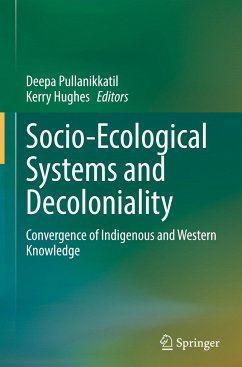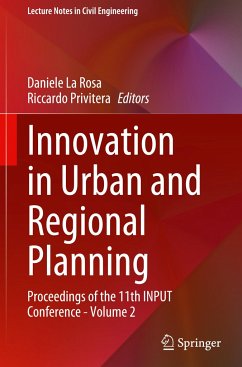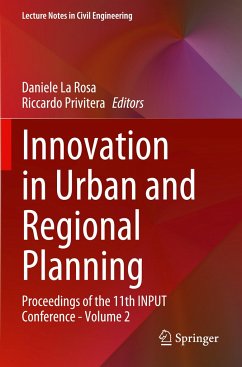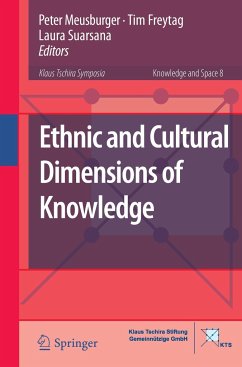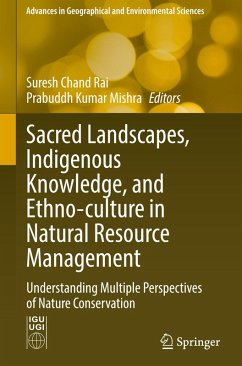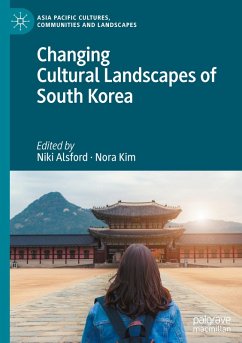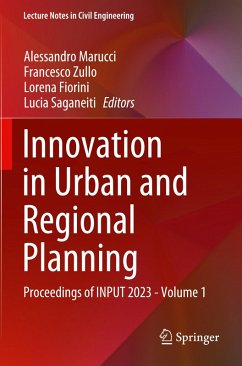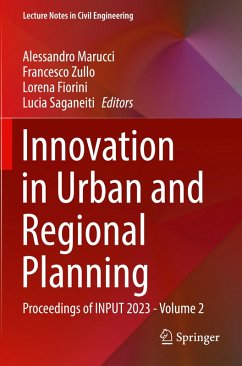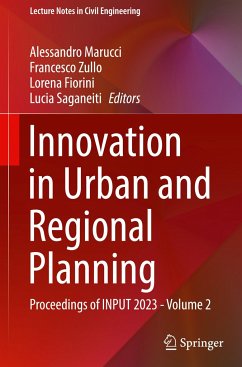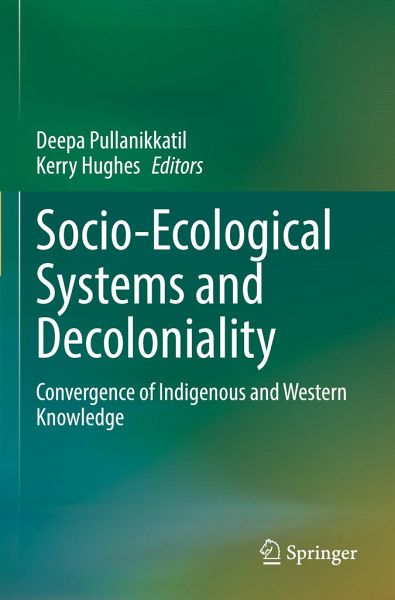
Socio-Ecological Systems and Decoloniality
Convergence of Indigenous and Western Knowledge
Herausgegeben: Pullanikkatil, Deepa; Hughes, Kerry
Versandkostenfrei!
Versandfertig in 6-10 Tagen
98,99 €
inkl. MwSt.

PAYBACK Punkte
49 °P sammeln!
This contributed volume provides case studies from around the world that feature a convergence of indigenous and western knowledge in an attempt to understand complex socio-ecological systems. The book provides an understanding of socio-ecological systems in an ethical space using a 'Decoloniality' approach (i.e. untangling the production of knowledge from a primarily Eurocentric episteme). The work presented here integrates and merges indigenous knowledge with western science, thereby building on the strengths of each in service of understanding these systems. The editors of this volume appro...
This contributed volume provides case studies from around the world that feature a convergence of indigenous and western knowledge in an attempt to understand complex socio-ecological systems. The book provides an understanding of socio-ecological systems in an ethical space using a 'Decoloniality' approach (i.e. untangling the production of knowledge from a primarily Eurocentric episteme). The work presented here integrates and merges indigenous knowledge with western science, thereby building on the strengths of each in service of understanding these systems. The editors of this volume approach indigenous communities and scientists as equal knowledge-holders and, in doing so, contributes towards improved understanding of socio-ecological systems and interactions in cross-cultural contexts. This volume will be of interest to scientists, instructors, students and policy makers across disciplines such as environmental sciences, social sciences, interdisciplinary studies, cultural studies, ethnobotany, anthropology and plant genetic resources.



